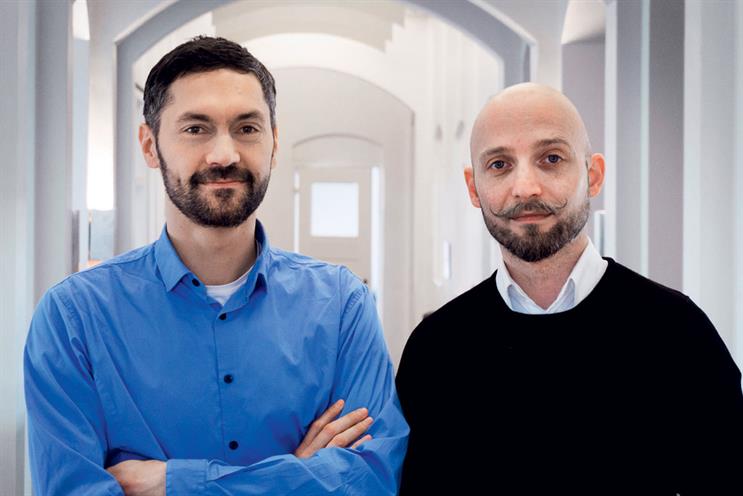
Growth requires that you adapt and change to new circumstances; as with any transitional phase, being nimble is essential. And when expanding beyond your own borders, being sensitive to cultural differences is fundamental to local integration.
As BSUR undergoes its own period of growth,we have been lucky in one regard: while some philosophies are more transferable than others, our Dutch foundations of tolerance and cultural diversity are usually met with enthusiasm.
It’s because of this ethos that, through our global growth, BSUR has aimed to expand into markets that at least appreciate this ideology. We know it won’t work in every city around the world, which is why we have developed our micro-network in regions where growth and diversity go hand in hand.
The term "micro-network" is often bandied about and is now synonymous with any agency that has offices in two or more locations. And while multiple locations are of course necessary, a network is much more than just bricks and bodies scattered around the globe.
Whether a micro-network comprises two or 20 offices, an assemblage of diverse individuals working together will generate more globally relevant concepts than homogenous units planted with little more than corporate gain in mind.
We’ve seen many of our peers open an office purely to service that one big client. Beyond that cash cow, there’s no other reason for the agency to be there. Which can work out well if they are the Hachiko of clients – but all too often, when that big brand leaves, the sub-office is left struggling, doomed to failure. Likewise, setting up an agency in another country and then populating it with talent from the headquarters defeats the main point of having a network. If that’s all you’re going to do, then you might as well service international clients from your own backyard.
And so, by bringing together pools of international talent, based in various cities around the world, an agency can build a network able to provide clients with both local understanding and global concepts.
This is why planting 40 Dutch people in a generic office in another country is pointless. Equally, filling the office solely with indigenous talent is counterproductive to creative output. International ideas need pools of international minds.
There’s no one-size-fits-all solution. Our Shanghai office receives support from our Amsterdam office by way of a dedicated "China desk". Our work in India will see local and international talent working together to create a strong global concept.
Our newest client, Peperami, will draw upon our melting pot of cultures within Amsterdam for the UK, German and Benelux markets. Of course, we could seize the opportunity to set up a new office in each market. But that would be expansion for expansion’s sake. In building our global micro-network, we go only where the growth is.
What we are saying isn’t necessarily new. And we are not the only ones who hold this view. However, there are still countless agencies operating under that old-style empirical model of moving in and taking over – and there are still clients who demand this of their agencies.
To successfully integrate, a hierarchical structure can’t exist. It goes against the concept of openness and inclusion. Requests like these should have any agency running for the trees – and any willing to go to such lengths to secure business should also raise eyebrows among clients.
A flat organisation empowers the agency/client relationship, driving concepts and ideas. This also encourages cohesion – not just within an agency but within a network. It reduces intra-office competition and opens the doors to creativity.
Speed is also a vital factor. We have learned this through our Chinese clients such as Sengled, an innovation factory, where commitments are generally made on the spot.
Exporting our concept isn’t always plain sailing. Implementing a horizontal management style into a country with a strict political hierarchy, for example, comes with its fair share of cultural confusion. But it doesn’t take much convincing to see that hierarchy restricts freedom and growth, breeding fear and stunting creativity.
And this brings us back to how we are using the philosophy of our founding office to build a modern micro-network. Within our network, creative, strategic and managerial talent does not belong to one specific office. Like ideas and concepts, our talent is pooled and shared, not owned. It makes us flexible and able to respond to changing situations and environments.
Even our name, BSUR – "be as you are" – is indicative of our inclusive attitude. We celebrate our differences and the traits that make us unique. This can lead to culture clashes but it can also lead to a marriage of ideals that generates a thriving creative environment. It’s an attitude that forms the basis of creativity.
Jean-Pierre Albert is the business development director and Shandor Gancs is the creative director at BSUR

